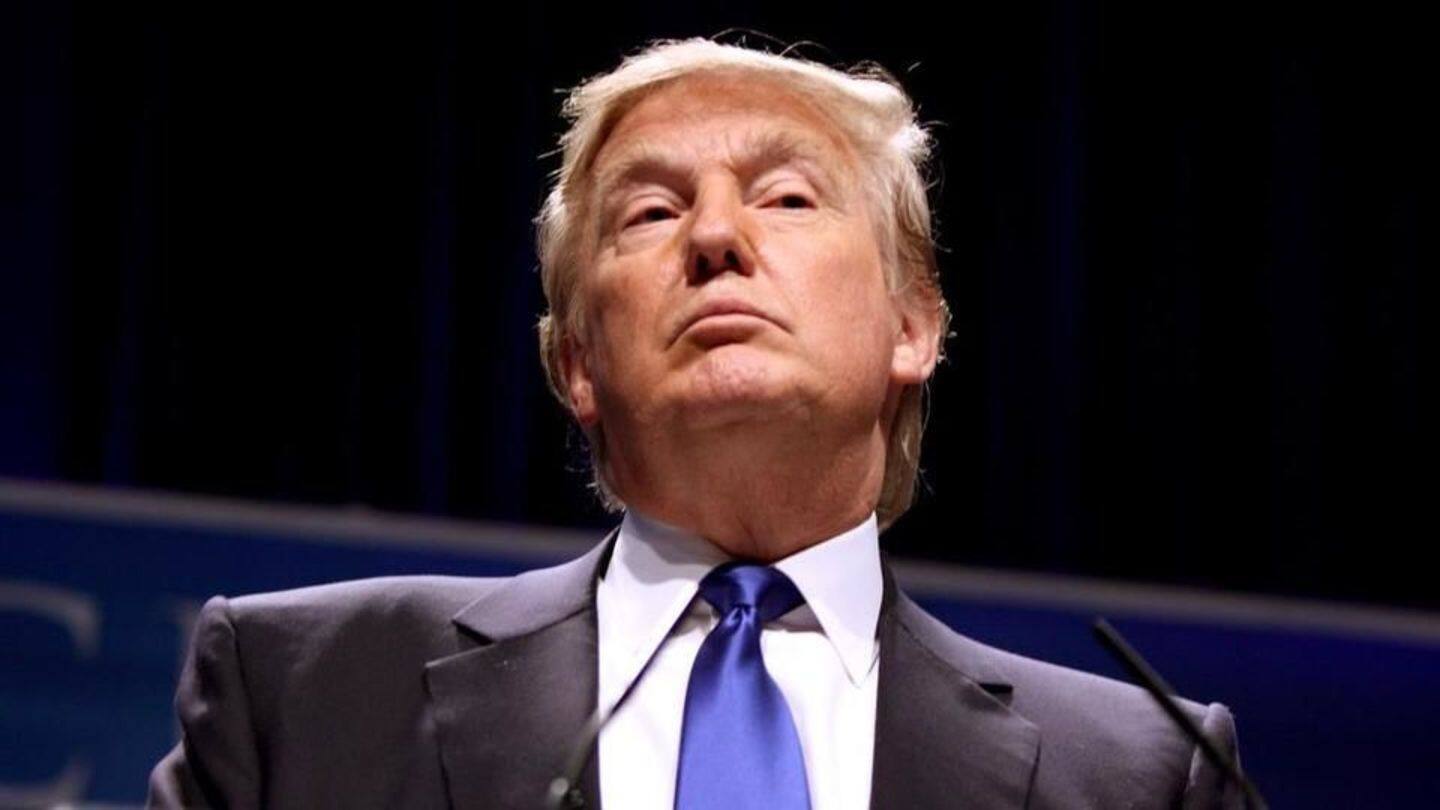
Iran nuclear deal: Trump threatens withdrawal, leaves matters with Congress
What's the story
US President Donald Trump is not a big fan of the Iran nuclear deal, as he has expressed multiple times in the past.
Speaking at the White House recently, Trump has termed Iran a "fanatical regime" and threatened to withdraw from the deal.
He also accused Tehran of sponsoring terror and proposed new sanctions.
Will Trump withdraw from the deal? We examine the facts.
Do you know?
What is the Iran nuclear deal?
Officially known as the Joint Comprehensive Plan of Action, the deal was signed in 2015 between Iran and the US, UK, France, Russia, China, and Germany (P5+1 countries). Under this, Iran agreed to restrict its nuclear program, in exchange of the P5+1 lifting sanctions.
Context
How does Trump view the Iran deal?
Trump had aggressively criticized the deal during his campaign leading many to speculate that the US will withdraw from the deal.
Addressing the UN General Assembly recently, Trump said that " the Iran deal was one of the worst and most one-sided transactions the US has ever entered into."
He says Tehran has already violated terms, including heavy-water limits and international verification.
Information
What does Trump expect from Congress?
Trump wants Congress to get rid of the clause that allows for restrictions on Iran's nuclear program to be lifted by 2025. He also wants sanctions to be imposed on the Iranian Revolutionary Guard Corps and further restrict Tehran's ballistic missile program.
Response
What do other stakeholders have to say?
Yukia Amano, head of the International Atomic Energy Agency (IAEA) stated that Iran was complying with the deal.
He clarified that Tehran was being subjected to a "robust nuclear verification regime".
Federica Mogherini, EU foreign policy chief said there were no violations.
Germany, France, and the UK expressed concerns on Trump's stance while also agreeing with him over concerns on Iran's ballistic missile program.
Conclusion
What could be the implications?
Congress now has 60 days to decide on whether the US should withdraw from the deal by re-imposing sanctions.
Alternatively, if Trump doesn't approve of what Congress decides, he may proceed to unilaterally cancel the deal.
In international implications, alienating Tehran and especially the IRGC can alter diplomatic equations among the US, Russia and France who are fighting ISIS.